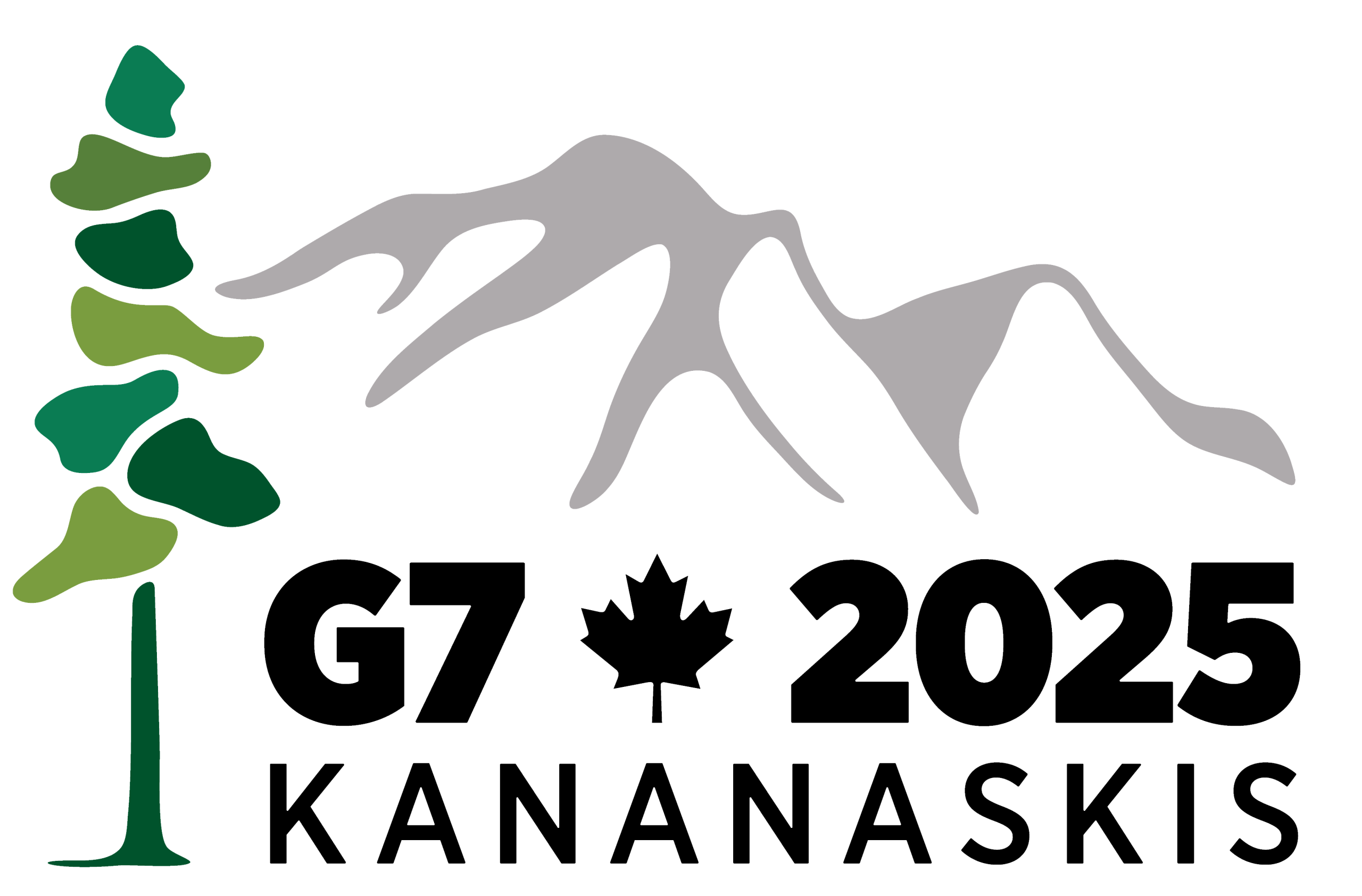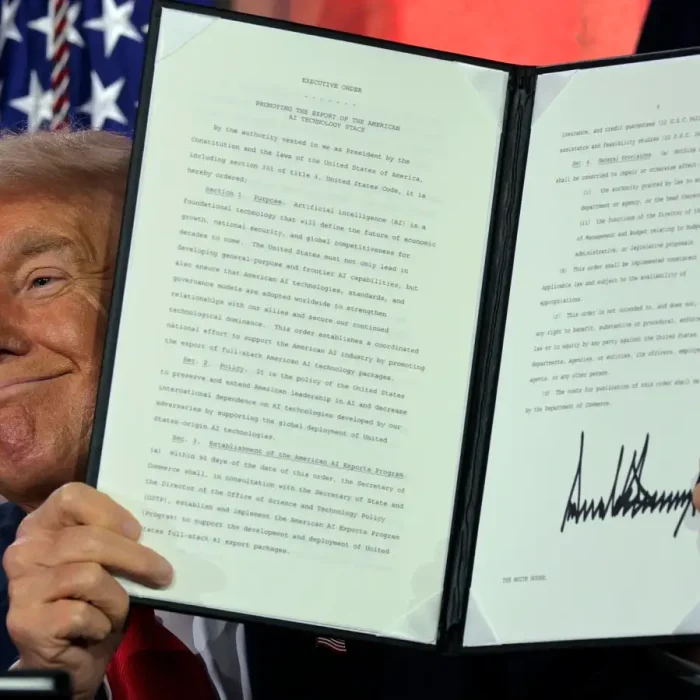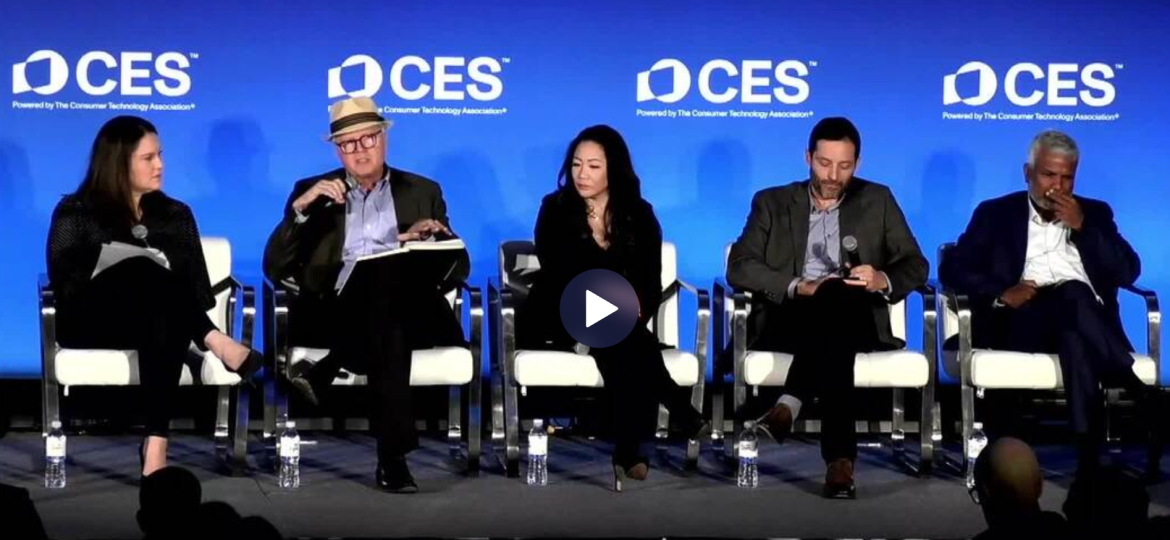Key Takeaways:
-
Global Leadership in Quantum Computing: G7 Nations Align: Through joint commitments, the G7 is shaping the future of quantum computing with coordinated investment and innovation.
-
Ethics and Security at the Core: Central to the plan are commitments to ethical AI integration, securing infrastructure against quantum threats, fostering open science, and ensuring supply chain resilience.
- Global Leadership Through Unity: The G7’s unified stance positions it as a standard-setter in quantum policy, demonstrating that cross-border collaboration accelerates scientific and technological progress.
In a decisive show of international cooperation and scientific ambition, the Group of Seven (G7) nations convened this week for a summit to discuss many global issues. For the first time, the world’s most advanced economies—the United States, Canada, France, Japan, Germany, Italy, and the United Kingdom—issued a unified vision for the future, signaling an era where global governance, ethical frameworks, and industrial strategy will shape the future of quantum technologies.
“We, the Leaders of the G7, recognize that quantum technologies – which include computing, sensing and communications – have the potential to bring significant and transformative benefits to societies worldwide.”
This year’s G7 conference did more than reaffirm shared values; it catalyzed a series of sweeping developments across academia, industry, and government, establishing quantum computing as not just a frontier of science but a pillar of international diplomacy and economic resilience.
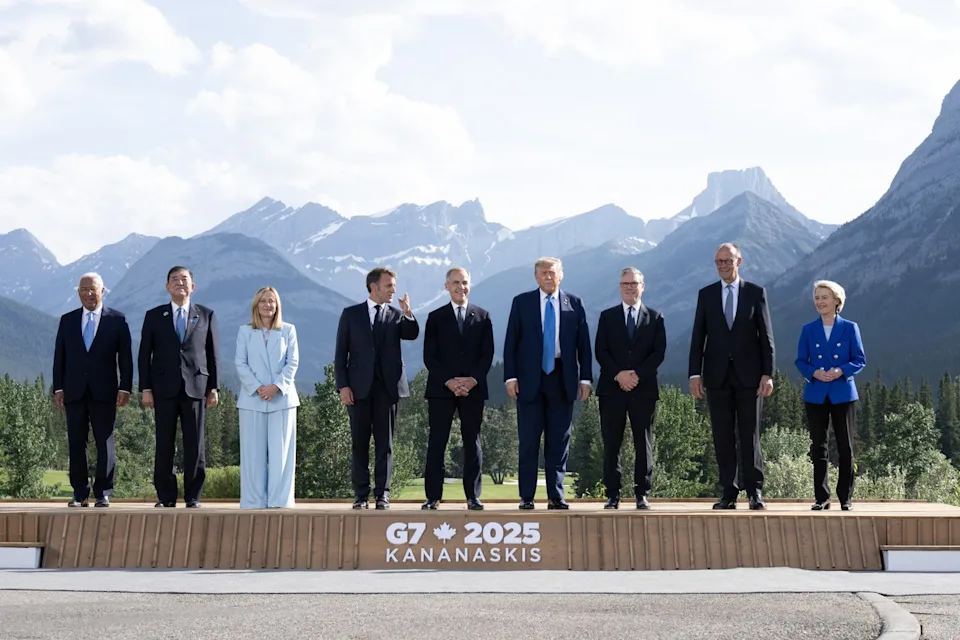
Who’s at the Table: Nations in the G7
The Group of Seven (G7) is a powerful coalition of the world’s most advanced democratic economies: the United States, Canada, France, Japan, Germany, Italy, and the United Kingdom. Collectively, these nations represent not only a significant portion of global GDP but also a long-standing influence on international policy, scientific research, and technology development.
Each member brings unique strengths to the table:
- The United States leads with its robust private sector innovation, academic research, and national laboratories, which are home to some of the world’s most advanced quantum companies and defense research and development.
- Canada is a pioneer in quantum research, hosting key institutions like the Perimeter Institute and companies like D-Wave.
- France contributes deep expertise in theoretical physics and AI, often serving as a bridge between academia and EU regulatory standards.
- Japan offers exceptional precision engineering and manufacturing capabilities, vital for scaling quantum hardware reliably.
- Germany blends industrial strength with scientific rigor, playing a major role in foundational physics and EU innovation policy.
- Italy boasts a rich academic tradition and is making significant contributions to photonic quantum research and AI ethics.
- The United Kingdom is a major quantum hub in Europe, especially through public-private partnerships like the UK National Quantum Technologies Programme and now, through Oxford Ionics’ work with IonQ.
Together, the G7’s unified approach to quantum computing represents more than a policy alignment: it’s a powerful affirmation that the world’s leading democracies recognize the importance of collaborating across borders to achieve scientific breakthroughs. In an era where quantum technology has the potential to revolutionize industries, medicine, climate modeling, and national security, no single nation can—or should—go it alone.
By investing jointly in research, infrastructure, and ethical governance, the G7 is not only advancing its capabilities but laying the groundwork for a shared global future shaped by transparency, trust, and innovation. These countries are moving beyond competition to shape common rules, support open science, and ensure that quantum discoveries serve humanity as a whole. In doing so, they reaffirm a critical truth: when global leaders unite around science, the pace and impact of progress multiply.
The G7 Global Coordination on Quantum Technology
At the 2025 summit, the G7 nations unveiled coordinated significant commitments designed to guide the responsible growth and governance of quantum technologies. The plan emphasizes long-term cooperation, ethical development, and inclusive access.
Key commitments include:
- Accelerating Investment: Drive both public and private funding toward quantum research, infrastructure, and commercial applications.
- Fostering Real-World Impact: Encourage the development and deployment of quantum technologies that provide tangible benefits to society.
- Ensuring Inclusive Participation: Expand access to opportunities across academia, industry, and underrepresented groups in the quantum field.
- Building the Quantum Workforce: Support educational and workforce development policies that prepare individuals for careers in quantum science and engineering.
- Creating a Trusted Ecosystem: Promote open markets, fair competition, and a secure, transparent environment for innovation.
- Enhancing Public Trust: Facilitate open dialogues between governments, industries, researchers, and the public to ensure ethical and transparent use of quantum technologies.
- Securing the Future: Identify and mitigate risks by adopting quantum-resilient security protocols and strengthening cyber defense infrastructure.
- Strengthening Collaboration: Form a G7 Joint Working Group on Quantum Technologies to coordinate strategies, share research, and establish common standards.
This plan lays the foundation for collective leadership in quantum science and positions the G7 as a unified force for innovation, security, and ethical progress.
Accelerating Innovation: Private Sector Aligns with G7 Vision
Several high-impact announcements coincided with the conference, demonstrating the vibrancy and investment appeal of the quantum ecosystem.
Rigetti Computing Secures $350 Million
U.S.-based Rigetti Computing announced a $350 million funding round to scale its superconducting qubit systems. The funding will bolster its roadmap to develop modular, error-corrected quantum processors by 2027. With increased pressure from both domestic and foreign competitors, this move reinforces Rigetti’s position as a U.S. leader in scalable quantum hardware.
IonQ Acquires Oxford Ionics
In a bold transatlantic move, IonQ acquired Oxford Ionics, a pioneer in trapped-ion quantum systems. The acquisition merges American financial power with European research excellence, enhancing IonQ’s position in fault-tolerant architectures.
D-Wave Expands to South Korea
Canada’s D-Wave made waves by announcing its first international quantum cloud node in South Korea. This expansion brings quantum annealing technologies to Asia-Pacific researchers and startups, opening the door for new collaborations in materials science, logistics, and drug discovery.
NVIDIA’s Expanding Role in Quantum
Nvidia CEO Jensen Huang made a keynote speech at the GTC Paris, declaring that Quantum computing is “reaching an inflection point” and will begin solving real-world problems in the coming years, marking an accelerated shift in the projected timeline of quantum technology development.
Global Stakes in Quantum Technology: The Urgency of Leadership
While the G7’s unified efforts mark a significant step forward, the intensifying global competition to lead the quantum revolution is undeniable. There are multiple players in this race. China, for example, has made rapid advancements in photonic chip production—a cornerstone technology for quantum optics and scalable quantum systems. China is positioning itself as a dominant force in the quantum hardware supply chain, investing heavily in domestic manufacturing and government-backed research. Without a coordinated and accelerated response, G7 nations could risk falling behind in this high-stakes race for quantum supremacy, where technological leadership translates directly into geopolitical influence, economic power, and security dominance.
A Defining Moment for Quantum Policy
The 2025 G7 Quantum Conference marks a turning point—not only in technological evolution but in multilateral diplomacy. By integrating quantum computing into global policy frameworks, the G7 nations have created a platform for sustainable, secure, and equitable progress.
“In this International Year of Quantum Science and Technology, we will work together and with likeminded partners to make concrete progress on this agenda.”
As companies like IonQ and Rigetti scale new heights, and public institutions set bold research agendas, the world inches closer to a quantum-powered future—one that promises not just computational speed, but scientific clarity, economic transformation, and international unity.
